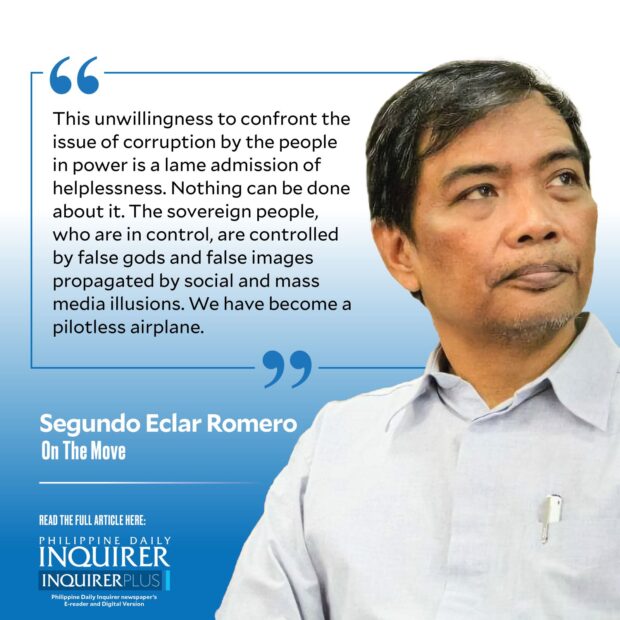We need a new social contract

The Philippines is a country whose national government is now P14.10 trillion in debt, up from only P5.9 trillion seven years ago when Rodrigo Duterte began his inglorious term. Out of each budget peso annually, more than 60 centavos is for debt servicing, leaving little wiggle room out of our collective incremental folly.
On top of this are additional stresses. Finance Secretary Benjamin Diokno has warned of an impending “fiscal collapse” scenario if the amount of yearly pension payout to military and uniformed personnel, estimated at P213 billion, reaches P1 trillion by 2035.
Article continues after this advertisementWhich is why there was this sharp cry from the wilderness. Benjamin Magalong, mayor of Baguio, in a speech during a virtual flag-raising ceremony on July 3 at Camp Crame. He threw the gauntlet at politicians when he asked pointedly, we in the uniformed services are offering to give up part of our pensions, but why won’t the politicians in Congress surrender their pork barrel allocations so this nation will remain afloat?
Magalong had much more to say. Reducing the debilitating national government debt requires plugging the primary source of leakage—corruption. As a mayor who has interviewed many contractors, Magalong tells us that only about 45 percent to 52 percent is left for contractors to implement government projects after the pork barrel, commissions, and kickbacks have been subtracted. This invariably leads to substandard projects. Recounting this, Magalong was visibly and justifiably riled up, considering his life and career of service, integrity, and courage as a police general.
Magalong says he has become a favorite speaker in government circles of late, the poster boy of good effective local governance. Every politician and bureaucrat in the audience is eager to associate with his success, but when he talks about the corruption that stokes the gargantuan national debt, every “honorable” in the audience starts fidgeting with his phone.
Article continues after this advertisementThis unwillingness to confront the issue of corruption by the people in power is a lame admission of helplessness. Nothing can be done about it. The sovereign people, who are in control, are controlled by false gods and false images propagated by social and mass media illusions. We have become a pilotless airplane.
Under our foreign debt burden and the gross imbalance in our environmental resource to population ratio, the blitheful course of action is more pretense at national development—Philippine Development Plans every five years, a flash in the pan or make-do president every six years, a movie production Sona every year, a menagerie of senators and representatives in Congress renewed and replenished every three years.
Sure, there are strategies for family survival even in the absence of national survival. But for too long, the OFW option has robbed the country of the steam that would have driven us to come to grips with our contradictions and imbalances. Rather than being a national resource, it has become the opium of the nation.
The formal procedures of democracy have been hijacked and used against the people. There is a sense of ennui. The people are fatigued with false development narratives. They are in a cruel bind because they are reminded that they were the ones who supposedly elected the people in power.
The structural trends are clear. Under conditions of environmental stress, there will be economic stress. With economic stress comes social stress. With social stress, there is political stress, and civil disorder cannot be far behind.
Where do we go from here? We now need to take the bull by the horns. We must have the courage and trust in ourselves to elect a constitutional convention to write a new constitution. We need to cast aside our fears that we will be worse off. We need to renew our social contract and get fresh bearings as a nation. There is no right time to do it. We need to risk our collective political life to save it.
doyromero@gmail.com
















